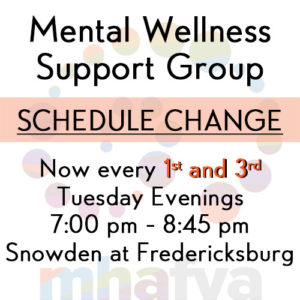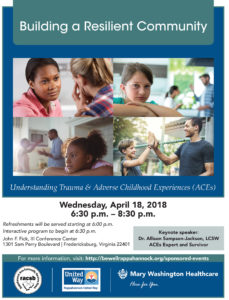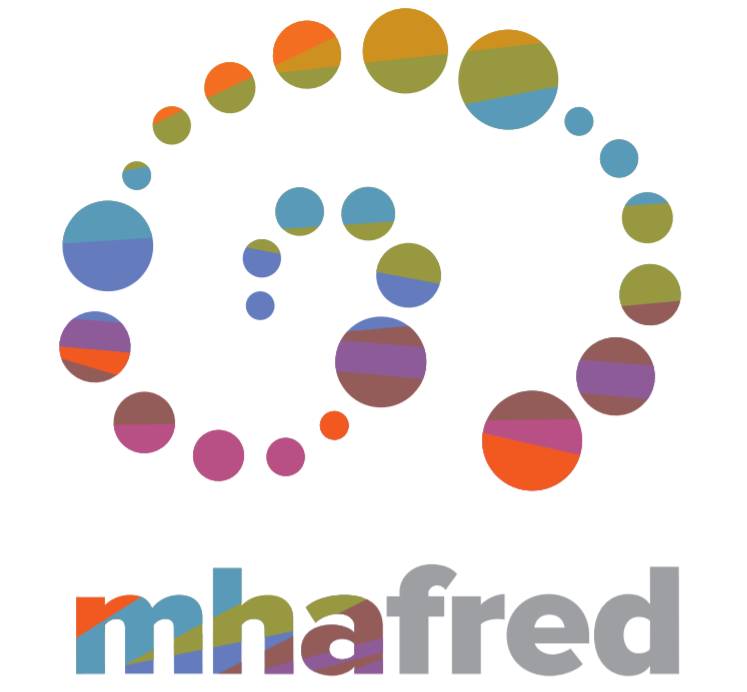Special Opportunity – Hilton Head Resort Silent Auction
Want to go to Hilton Head, SC?
 Mental Health America of Fredericksburg has a wonderful (last-minute) opportunity for you! MHAF is holding a silent auction to raise funds for suicide prevention education for this week-long vacation at a premier beach resort. September 15 – September 22. Value $1750. Current high bid is $525, (9/2, 11 AM EDT)
Mental Health America of Fredericksburg has a wonderful (last-minute) opportunity for you! MHAF is holding a silent auction to raise funds for suicide prevention education for this week-long vacation at a premier beach resort. September 15 – September 22. Value $1750. Current high bid is $525, (9/2, 11 AM EDT)
Steve and Susan D’Lugos have generously donated their beautiful time-share in Hilton Head, SC. Saturday, September 15 until Saturday, September 22 at the Marriott Barony Beach Club. The time-share offers an ocean view, two bedrooms, two full baths, eat-in, modern kitchen, living room, washer/dryer, beautiful pool right next to the beach, and offers other great amenities. Details about the resort are at
https://www.marriott.com/
We’re accepting bids until 2 PM, Saturday, September 8. Minimum bid increments of $25 please. You can bid in one of two ways
- Click here to submit a bid to Rita Girard, MHAF Executive Director. We’ll let you know if you are the current high bidder
- Click here to place a bid on the MHAF Facebook page for this opportunity. Then enter your bid as a comment on the page.
Rita Girard, MHAF Executive Director, was fortunate to be able to go to the D’Lugos’ time-share at the Marriott Barony Beach Club three years ago, and highly recommends this vacation property!
There are miles of bike trails right out the back door, other beautiful beaches in Hilton Head, water sports, golf courses, restaurants, shopping, and entertainment.
If your schedule is flexible – take advantage of this opportunity and submit your bid!
Mental Wellness Support Group Schedule Change

The Mental Wellness Support Group schedule has been adjusted to meet every 1st and 3rd Tuesday evenings at 7:00 to 8:45pm at Snowden at Fredericksburg. If you have any questions or comments regarding the change or would like more information about registering for the support group, please contact Executive Director Rita Girard by email at mhafdir@mhafred.org or call (540) 371-2704.
Help Line Surprise
Just a few minutes ago, one of our HelpLine callers surprised Carla Jones ( our HelpLine Coordinator) with flowers!!!

A member of our community, who had called (last week) asking for resources for their young family member (who is struggling with depression and thoughts of suicide) walked into our office with a bouquet of flowers to say thank you to her!
If you (or someone you know) needs assistance, please call 540-371-2704.
We (MHAF) are lucky to have found such a caring, compassionate person to coordinate our HelpLine program and provide needed resources to people who are trying to find help!
So nice to know that this program works and we are helping Change Lives.
If you (or someone you know) needs assistance, please call our HelpLine at 540-371-2704.
Understanding Trauma and ACEs Presentation
 Thank you to those who joined us for Understanding Trauma and Adverse Childhood Experiences (ACEs) presented by RACSB, United Way and Mary Washington Healthcare.
Thank you to those who joined us for Understanding Trauma and Adverse Childhood Experiences (ACEs) presented by RACSB, United Way and Mary Washington Healthcare.
Below is the slideshow presentation by Dr. Allison Sampson-Jackson.
You may also download the presentation here.
[pdf-embedder url=”https://www.mhafred.org/wp-content/uploads/2018/04/Allison-Sampson-Jackson-ACEs-PPT.pdf” title=”Allison Sampson Jackson ACEs PPT”]
